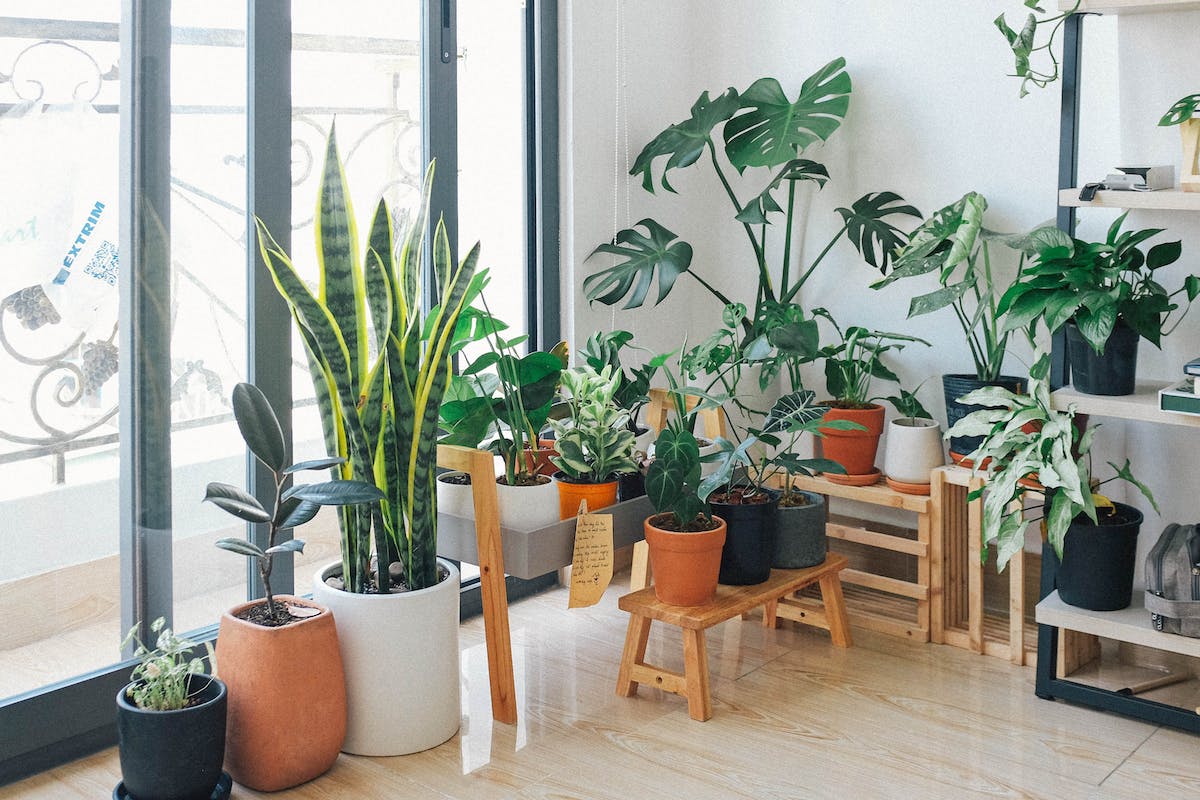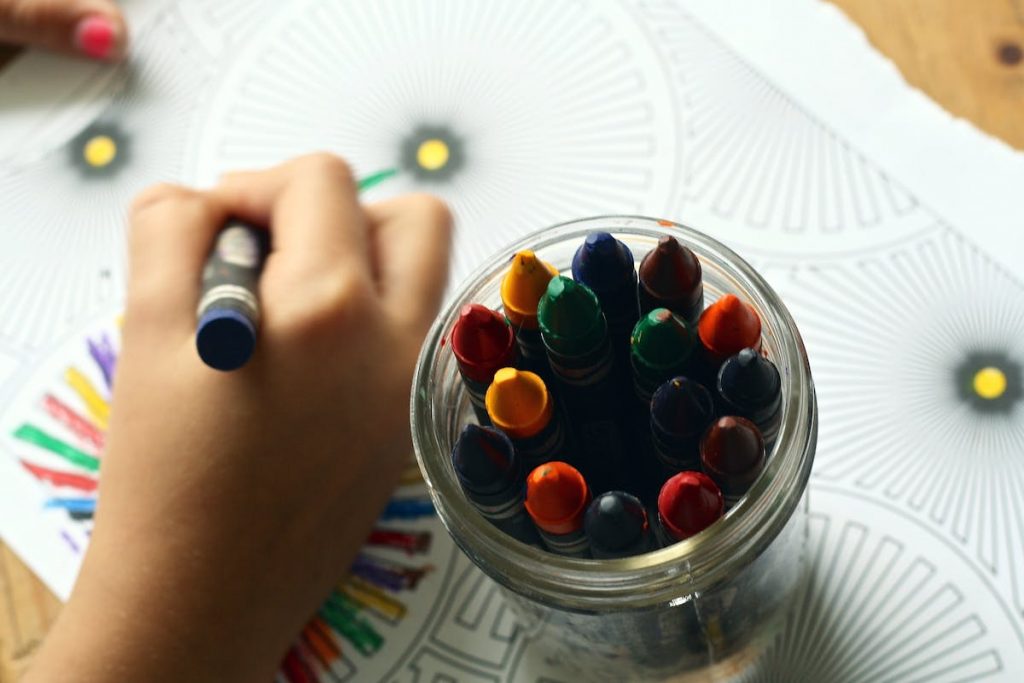- Engaging in DIY projects allows you to customize your space while acquiring valuable skills.
- Writing fosters self-reflection, effective communication, and stimulates imagination.
- Engaging in the creation of art can provide therapeutic benefits while also offering distinct and meaningful gifts to others.
- Engaging in gardening not only allows you to connect with nature but also provides an opportunity for physical activity.
- Engaging in logic puzzles enhances problem-solving abilities and provides a valuable cognitive workout.
When you find yourself with free time, it’s a golden opportunity to engage in activities that not only entertain you but also spark creativity and enhance your cognitive abilities. Instead of falling into the trap of mindless scrolling through social media or binge-watching TV shows, why not try something that could enrich your life? These five creative activities are designed to stir your imagination, challenge your mind, and introduce you to a new hobby or passion.
1. Dive Into DIY Projects
Imagine turning a plain piece of furniture into a work of art with just a few coats of paint and some creative flair. DIY projects give you the power to transform your space and create things that reflect your style. Start with something simple, like upcycling old jars into plant holders or creating custom wall art. The process is not just about the end product but also the satisfaction you gain from making something with your own hands.
Experiment with different materials and techniques. You might pick up woodworking, sewing, or even digital design. The internet is brimming with tutorials for every skill level, so take advantage of these resources. With each project, you’ll grow more confident in your abilities, and soon, you’ll tackle more complex and rewarding creations.
2. Write Your World

Writing isn’t just for novelists or poets; it’s a versatile tool for expression available to everyone, including you. Writing is not only a way to unleash your creativity but also a method to improve your communication skills and explore different perspectives.
Here are tips to get started with writing:
Create a Routine
Establish a writing routine that suits your lifestyle and preferences. You might write best early in the morning, during your lunch break, or late at night. Choose a consistent time and make it a habit. The aim is to create an environment that lets your thoughts flow freely onto the page.
Explore Different Writing Styles
Don’t limit yourself to a single genre or style. Experiment with different forms of writing, such as poetry, flash fiction, creative non-fiction, or scriptwriting. Each style has unique challenges and rewards, which can broaden your skills and enrich your writing experience.
Seek Feedback
Sharing your work with others can be intimidating, but it’s an essential part of improving your writing. Join writing groups, attend workshops, or simply share your work with friends and family. Constructive criticism can point out areas for improvement that you might have overlooked.
Embrace the Revision Process
Writing is rewriting. Don’t worry if your first draft isn’t perfect — it’s not supposed to be. Be patient with the revision process. It’s through editing and reworking your text that your story truly comes to life. Remember, every great writer has spent countless hours refining their work.
3. Get Crafty with Handmade Art
Artistic expression doesn’t always have to be about producing masterpieces; it’s also about the joy of creation. Delve into painting, sketching, or sculpting. Start with abstract art, which doesn’t require formal training but instead relies on your intuition and emotion. It’s an incredibly liberating way to translate your feelings into a visual format.
Crafting can also be therapeutic. Try your hand at making homemade candles, jewelry, or even soap. The tactile experience of creating something beautiful and practical can be immensely satisfying. Plus, these handmade goods can serve as personalized gifts that carry a piece of your creativity.
4. Cultivate Your Green Thumb

Gardening is an art form that invites you to grow and design with living things. Start small with a windowsill herb garden or succulents if you’re tight on space. These green companions not only beautify your surroundings but also improve the air quality and can even provide herbs for your cooking.
If you have more space, consider planting a flower garden or growing your own vegetables. Planning out your garden plot requires imagination and foresight, like painting on a living canvas that changes with the seasons. Gardening also connects you to the rhythms of nature and offers a rewarding physical activity that can be a form of creative relaxation.
5. Challenge Your Mind
In the quiet moments of your day, why not challenge your brain with activities that require logic, strategy, and a bit of creativity? Math and logic puzzles not only serve as fun brain teasers but also improve your problem-solving skills and attention to detail. Consider diving into sudoku or crossword puzzles that make you stretch your mental muscles.
These kinds of puzzles are not merely about finding the right answers but also about exploring different strategies for problem-solving. They encourage you to think outside the box and can sometimes even offer insights into your thought processes. Whether you solve them in a dedicated puzzle book or through an app on your phone, these cognitive workouts are entertaining and enriching.
Closing Thoughts
Your free time is a precious commodity that allows you to dive into new and creative endeavors. From DIY projects that personalize your space to writing that unleashes your inner voice, from the tactile joy of crafting to the serene satisfaction of gardening and the cognitive challenges of logic-based puzzles, there’s a wealth of activities that can elevate your leisure moments.
These pursuits not only fill your hours with enjoyment but also contribute to your personal growth and well-being. Remember, creativity doesn’t require grand gestures; sometimes, it’s found in the quiet dedication to the art of living well. So, pick up that paintbrush, plant that seed, or ponder over that puzzle — your most rewarding moments might be a creative project away.

